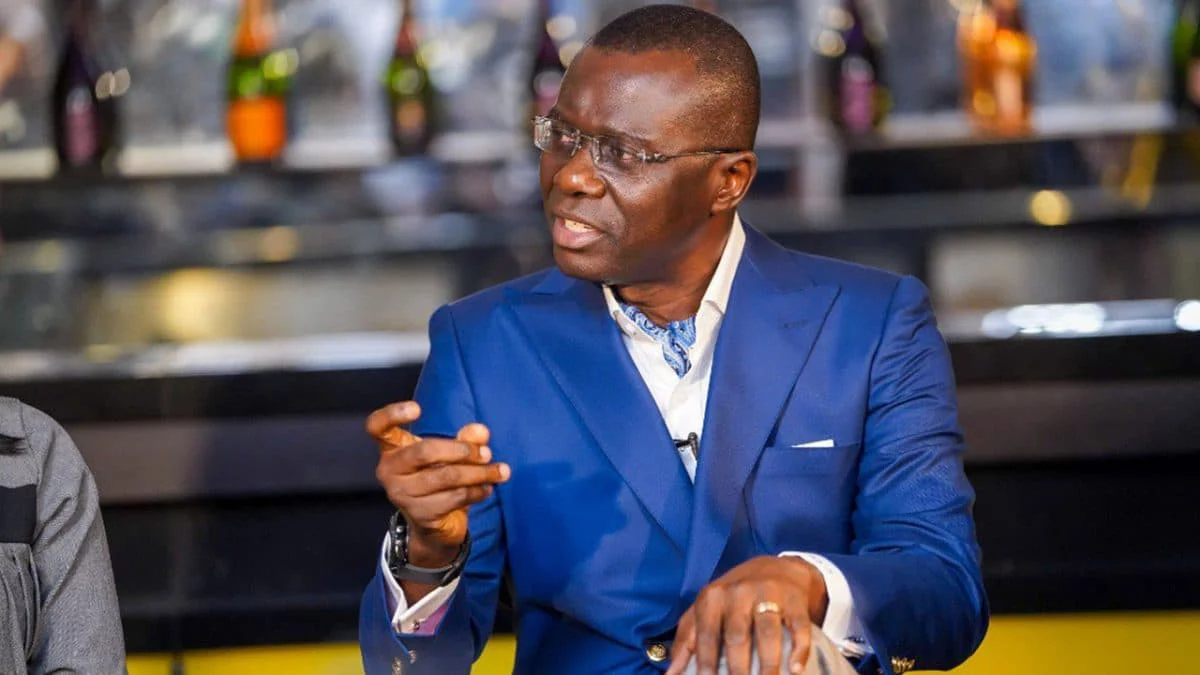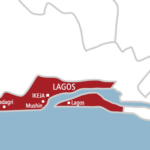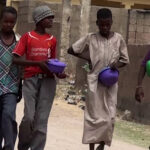A civil society organisation, Brain Builders Youth Development Initiative (BBYDI), has advised Lagos and other states within the South West region, to curb their appetite for borrowing, especially foreign loans.
The group said such a practice is dangerous and unhealthy for their economies.
The Global Director of BBYDI, Abideen Olasupo, spoke in Lagos during the Southwest Briefing, Desk Review Validation Meeting and Public Dialogue on Tax and Debt Justice convened by his organization in collaboration with CISLAC Tax Justice and Governance Platform and Christian Aid Nigeria.
The session addressed issues relating to the management of taxes and the critical imperative of debt justice within the South-West region.
- Persons with disabilities demand agency to implement disability act
- 150 Lagos civil servants inducted into institute
A report on ‘Debt Sustainability Assessment of the South-West States in Nigeria’ prepared by the BBYDI was also presented at the programme.
Olasupo decried the absence of government officials, particularly commissioners for finance in the six South-West states at the programme, saying “it is worrisome that whenever matters of transparent fiscal policies, accountable governance and sustainable economic development are to be discussed, government representatives are usually absent.”
Speaking on the Debt Sustainability Assessment report which analysed the financial status and budget implementation reports of each of the six states in the South-West between 2020 and 2022, Olasupo said governments in the region, especially that of Lagos, must check their borrowings, stressing that rising debt levels often translate to higher debt service payments, leaving a limited budget for essential public services.
He disclosed that data from the Debt Management Office (DMO) revealed that the overall debt profile of Lagos increased by 41.88% from N965.4 billion in 2018 to N1.4 trillion in 2022.
“Similarly, the foreign debt of Lagos State, which as of December 31, 2022, was $1.25 billion, is not only the largest in Nigeria, but continues to grow as seen with the 29.26% year-on-year growth in 2022,” he added.

 Join Daily Trust WhatsApp Community For Quick Access To News and Happenings Around You.
Join Daily Trust WhatsApp Community For Quick Access To News and Happenings Around You.


